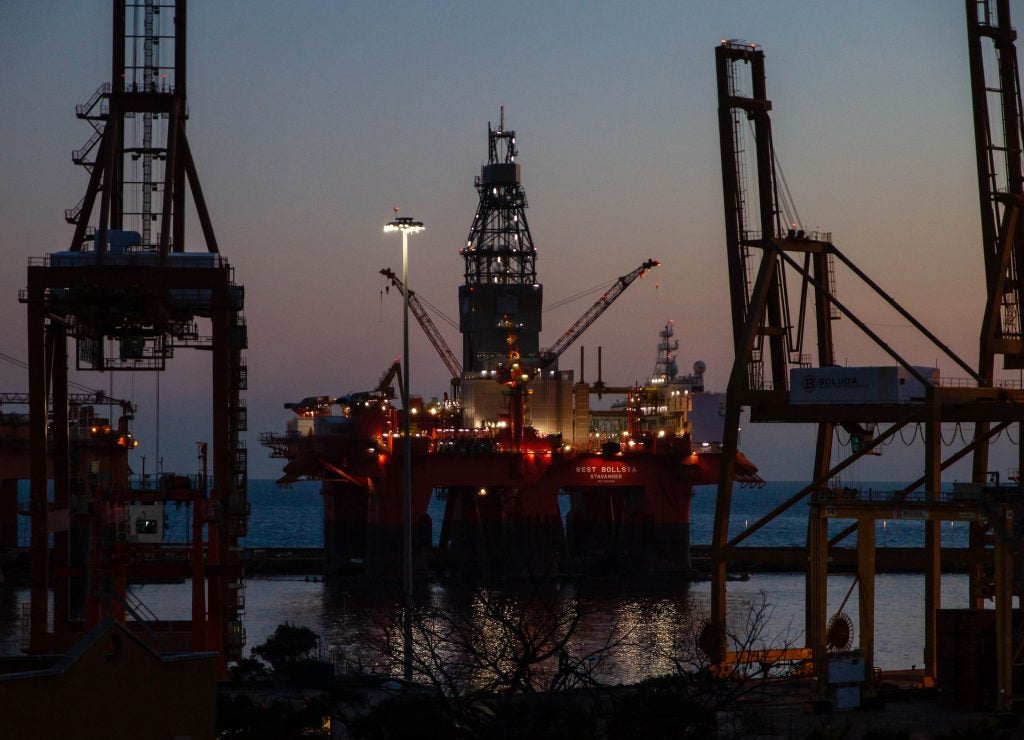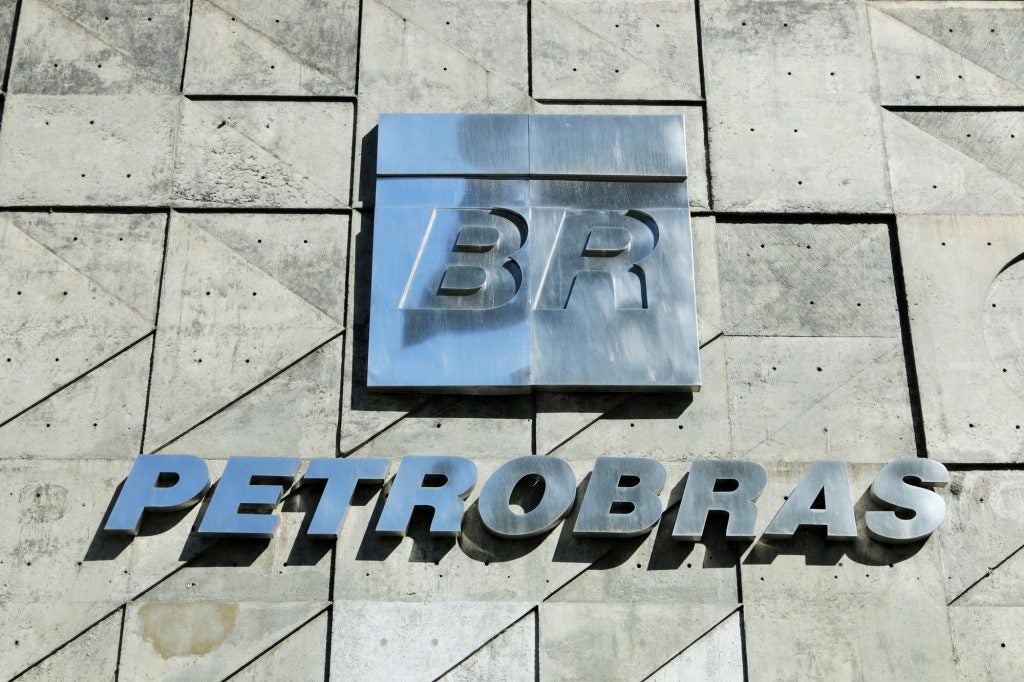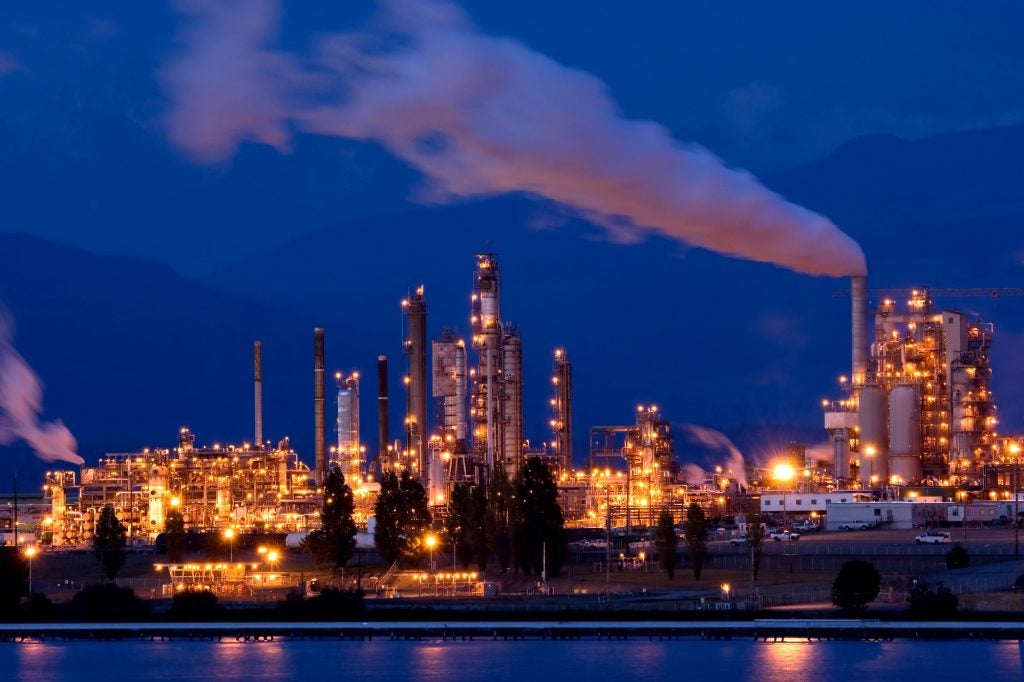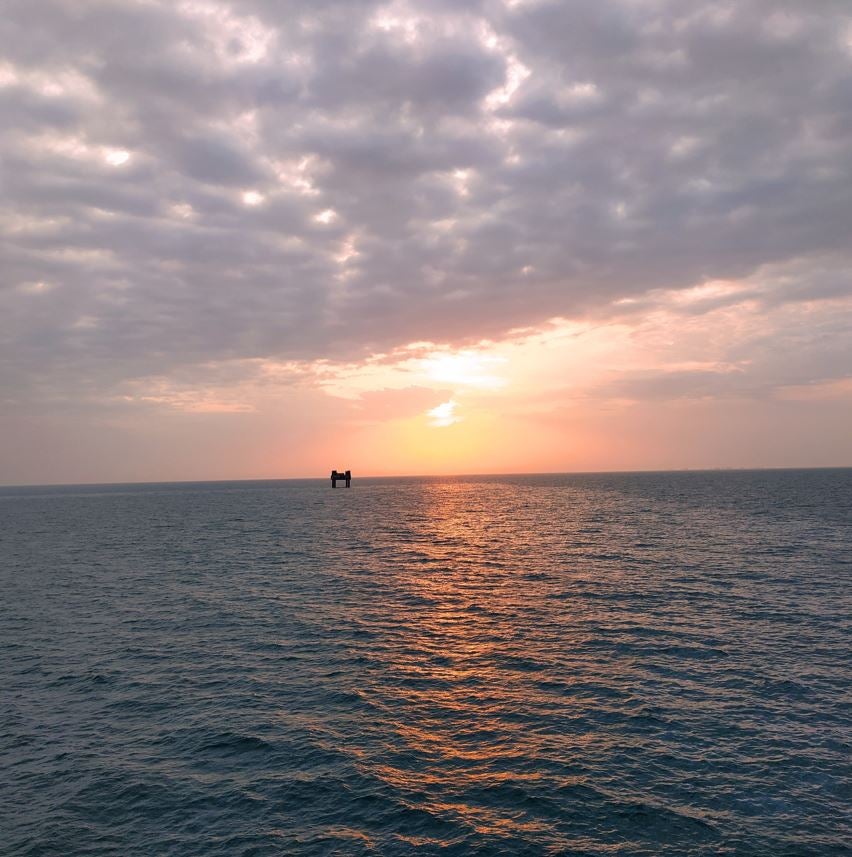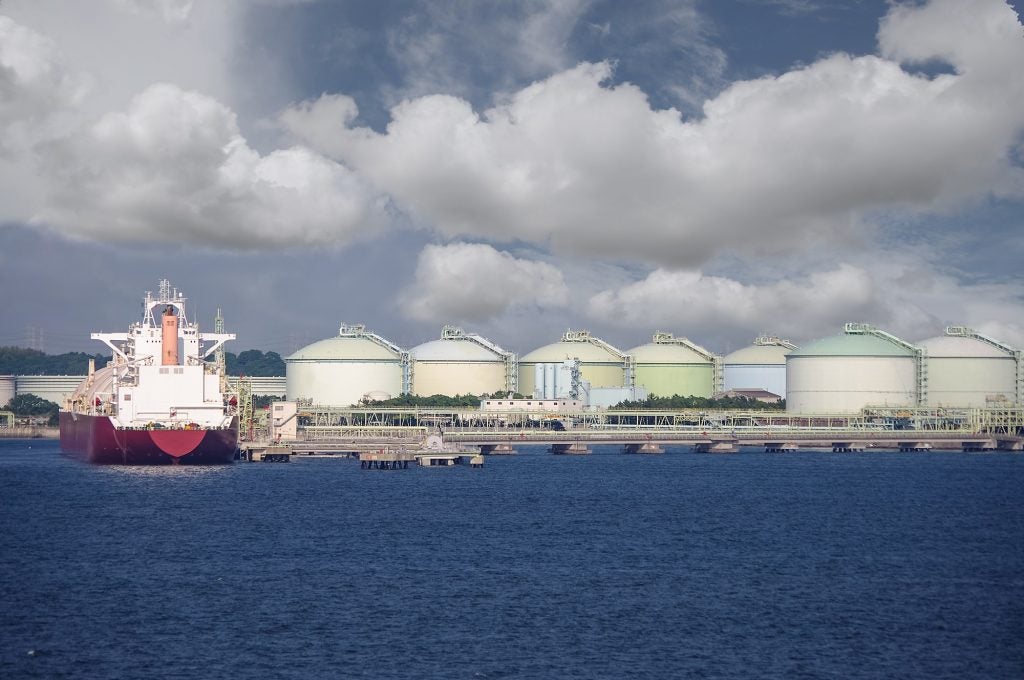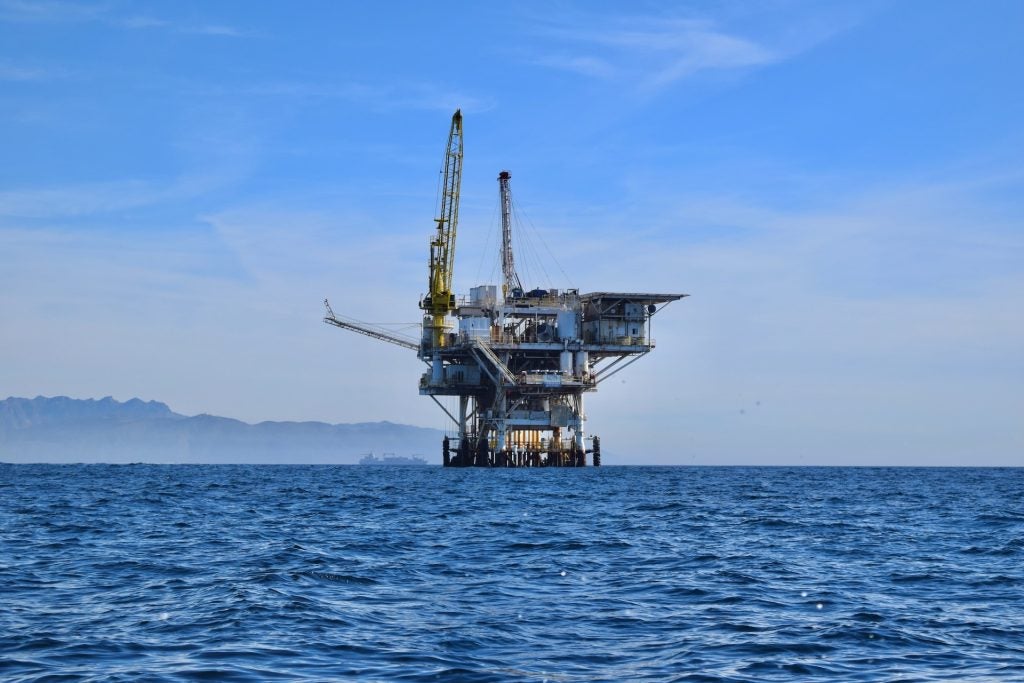Saipem has secured two contracts worth €1.8bn ($2bn) for offshore engineering and construction (E&C) work in Romania and Germany.
The first contract, valued at approximately €1.6bn, was awarded by OMV Petrom for the Neptun Deep Gas Development Project offshore Romania in the Black Sea.
The project's scope includes engineering, procurement, construction and installation (EPCIC) of a gas processing platform at a depth of around 100m.
It also comprises three subsea developments, a 160km-long 30in gas pipeline, and a fibre-optic cable from the platform to the Romanian coast.
The Saipem 7000 and JSD 6000 vessels will handle the offshore activities, while the gas processing platform will be constructed in Saipem's yards in Italy and Indonesia.
OMV Petrom CEO Christina Verchere said: “With the signing of this contract, we are taking a major step in the development of the Neptun Deep project – practically, this marks the beginning of the execution phase. We will continue to work at pace so that we safely produce the expected gas volumes starting in 2027.”
Saipem CEO Alessandro Puliti said: “We are proud to have been selected, after a competitive bid process, as suppliers for the EPCIC contract for the Neptun Deep development. We will use our local team, in the Technology Center near Ploiesti, for testing the materials to be used for the offshore facilities.”
The second contract was awarded by GASCADE Gastransport to install the Ostsee Anbindungsleitung pipeline in north-eastern Germany’s Pomeranian Bay.
Using its pipelay barge Castoro 10, Saipem will haul and install a 48in gas line over a distance of around 50km from the Lubmin site in northern Germany's Baltic Sea region to the Mukran port along the island of Rügen's eastern coast.


